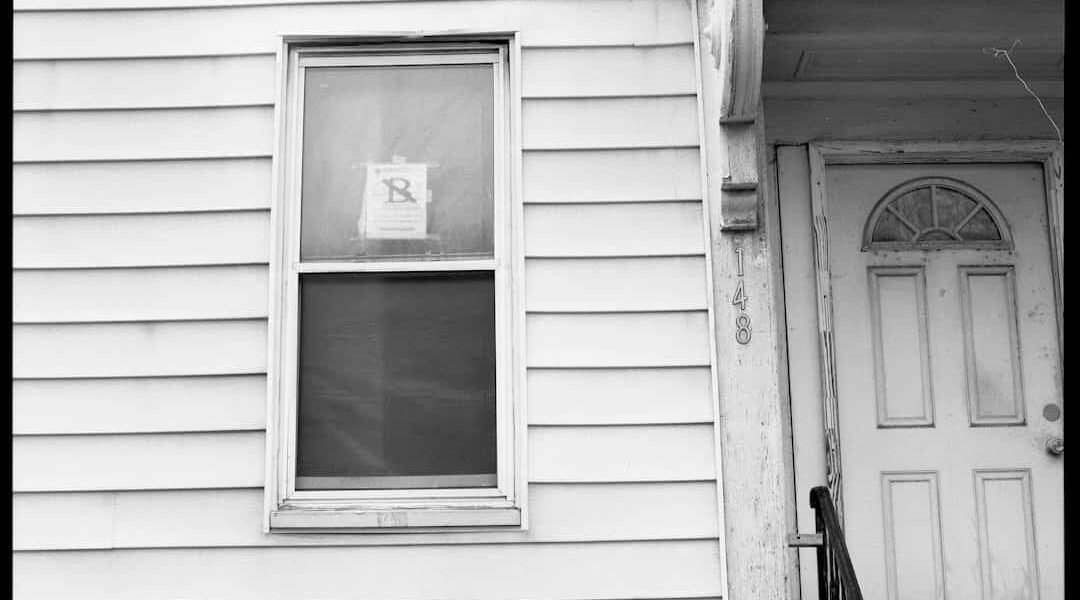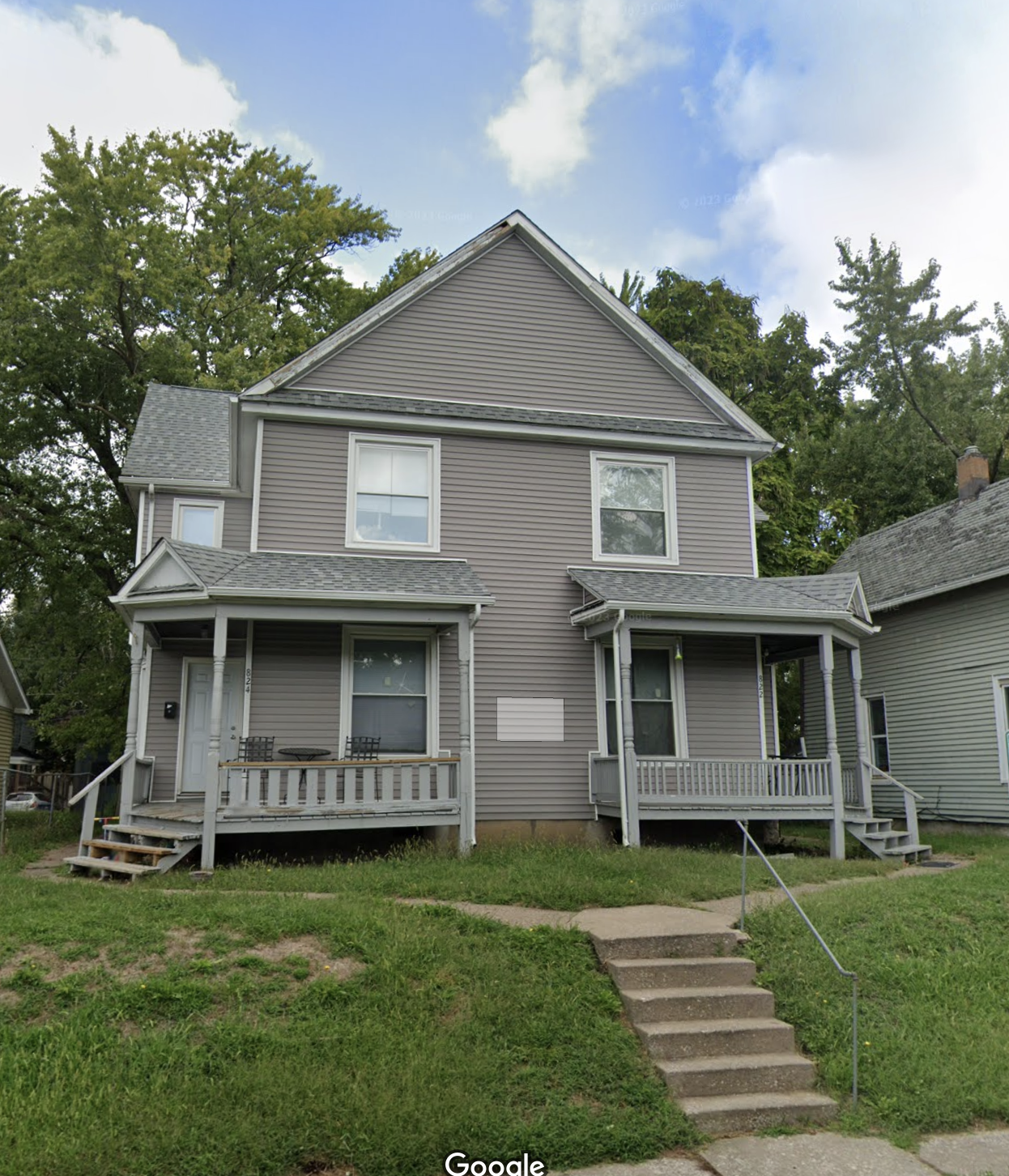When considering the question, is it better to sell a house with tenants, it’s essential to understand the various factors that can influence the sale process. Selling a property that is currently occupied by tenants can have both advantages and disadvantages. Here are some key aspects to consider:
- Marketability: A house with tenants can attract investors looking for rental properties. However, it may also deter traditional buyers who prefer a vacant home for immediate occupancy.
- Rental Agreements: Existing lease agreements must be honored, which can complicate the sale. Buyers might need to decide whether to maintain the current tenants or terminate the lease upon purchase.
- Condition of the Property: If tenants are not maintaining the property well, this can lead to negative perceptions and lower offers. It’s crucial to assess how the property’s condition stacks up against the market.
- Showing the Property: Scheduling showings can be more challenging with tenants in place. You will need to coordinate visits with their schedules, which can lead to delays in the selling process.
Despite these challenges, there are opportunities as well. For instance, selling to an investor who values rental income can expedite the process. If you’re considering selling your house with tenants, we can help! We buy houses fast, we buy distressed properties, we buy ugly houses. Visit sbihomes.com to learn more about how we can assist you in your home selling journey.
Pros and Cons of Selling a House with Tenants
Deciding whether to sell a house with tenants involves weighing several pros and cons. Understanding these can help you make an informed decision that aligns with your goals.
Pros:
- Steady Income: If you sell a property with tenants, you can continue to receive rental income until the sale is finalized. This can be a financial cushion during the selling process.
- Attractive to Investors: Investors often look for properties with existing tenants as they provide immediate cash flow. This can lead to quicker sales.
- Less Vacancy Risk: Selling a property that is already occupied minimizes the risk of having a vacant home, which can incur additional costs such as maintenance and security.
Cons:
- Limited Market Appeal: Many traditional homebuyers prefer vacant properties as they can move in without waiting for tenants to leave. This could narrow your buyer pool.
- Tenant Cooperation: You may face challenges in showing the property if tenants are uncooperative or if there are restrictions in their lease agreements.
- Potential for Property Damage: If tenants do not care for the property, it may require repairs that could reduce the sale price.
Ultimately, whether selling a house with tenants is advantageous depends on your specific situation and goals. It’s crucial to weigh these pros and cons carefully before making a decision.
Evaluating Market Trends for Rental Properties
When considering selling a house with tenants, it is essential to evaluate market trends for rental properties. Understanding these trends can significantly impact your selling strategy and potential profitability.
Market Demand:
The demand for rental properties can fluctuate based on various factors, including location, economic conditions, and demographic shifts. Areas experiencing job growth or new developments often see increased demand for rentals, making it an opportune time to sell.
Rental Rates:
Analyzing current rental rates in your area can provide insight into how your property compares with others on the market. If rental rates are rising, it may indicate a strong rental market, potentially attracting more investors interested in properties with existing tenants.
Vacancy Rates:
High vacancy rates in the area can signal a saturated rental market, which could adversely affect the sale of your property with tenants. Conversely, low vacancy rates suggest a healthy demand for rental units, which could be a selling point for buyers.
Future Developments:
Stay informed about upcoming developments in your neighborhood, such as new schools, public transportation, or commercial projects. These can enhance the desirability of rental properties, making your house more appealing to potential buyers.
By carefully evaluating these market trends, you can make a more informed decision about selling your property with tenants or waiting for a more favorable market condition.
Legal Considerations When Selling with Tenants
When navigating the process of selling a house with tenants, it is crucial to understand the legal considerations involved. These legalities can impact both your rights as a seller and the rights of the tenants, making it essential to approach the sale with due diligence.
Lease Agreements:
Before proceeding with a sale, review the existing lease agreements with your tenants. These documents outline the terms and conditions of the tenancy, including the duration of the lease, rental rates, and any specific clauses related to the sale of the property. Ensure that you comply with the lease terms to avoid any legal disputes.
Tenant Rights:
Tenants have certain rights that must be respected during the sale process. In many jurisdictions, they have the right to remain in the property until the end of their lease, which may influence your ability to show the house or conduct open houses. Familiarize yourself with local tenant laws to ensure compliance and maintain a positive relationship with your tenants.
Notice Requirements:
Depending on your location, you may be required to provide tenants with a formal notice of the intent to sell the property. This notice typically must outline the terms of the sale and inform tenants of their rights. Adhering to these notice requirements can help avoid conflicts and foster goodwill with your tenants.
Disclosure Obligations:
As a seller, you may have legal obligations to disclose certain information about the property to potential buyers, including any existing issues related to the tenancy. This transparency can protect you from future legal claims and ensure a smoother transaction.
Understanding these legal considerations is vital in successfully selling a house with tenants, helping to ensure that the process is both compliant and respectful of all parties involved.
How to Prepare Your Property for Sale with Tenants
Preparing your property for sale while it is occupied by tenants requires a thoughtful approach that balances the needs of the tenants with the goal of presenting the home in its best light. Here are some essential steps to follow:
Communication with Tenants:
Start by having an open dialogue with your tenants. Inform them of your intention to sell the property and discuss how this may affect their living situation. Clear communication helps build trust and can lead to a smoother process for everyone involved.
Schedule Showings:
Coordinate with your tenants to schedule showings at convenient times. This flexibility can reduce disruption for them and increase the likelihood of presenting the property effectively to potential buyers. Consider offering incentives, such as gift cards or discounts on their next rent, to encourage cooperation.
Enhancing Curb Appeal:
Even though the tenants are living in the property, you can still enhance its curb appeal. Simple tasks like mowing the lawn, trimming bushes, and cleaning up the exterior can make a significant difference. Ensure that the entryway is inviting, as this is the first impression potential buyers will have.
Declutter and Clean:
Encourage tenants to declutter their spaces and keep the property clean. A tidy environment helps buyers envision themselves in the home. If necessary, offer to provide cleaning supplies or even hire a professional cleaner to assist.
Minor Repairs:
Address any minor repairs that can enhance the property’s appeal. Fix leaky faucets, replace broken tiles, or patch up any noticeable holes in the walls. These small improvements can create a more positive impression without significant disruption to the tenants.
By taking these steps, you can prepare your property for sale while respecting your tenants’ needs. A well-prepared home not only attracts buyers but also helps facilitate a smooth transaction.
Finding the Right Buyer for Tenanted Properties
When it comes to selling a property with tenants, finding the right buyer is crucial. Not all buyers are comfortable with the idea of purchasing a tenanted property, so understanding your target market will play a vital role in attracting the right offers.
Highlighting the Investment Potential:
Many investors are specifically looking for properties with existing tenants, as this can provide immediate cash flow. When marketing your property, emphasize the investment potential by showcasing the current rental income, lease terms, and tenant history. This information can make your property more appealing to buyers who prioritize a solid return on investment.
Targeting the Right Audience:
Utilize real estate platforms that cater to investors and landlords. Listing your property on websites that focus on investment properties can help you reach buyers who are familiar with the dynamics of tenanted homes. Additionally, consider working with a real estate agent who has experience in selling properties with tenants.
Flexible Sales Terms:
Be prepared to negotiate terms that may appeal to buyers interested in tenanted properties. Offering options such as allowing the current tenants to stay on or providing incentives for buyers to take over the lease can make your property more attractive.
Transparency is Key:
Being transparent about the current tenant situation, including lease agreements and any potential issues, can foster trust with potential buyers. Provide all necessary documentation upfront, which will facilitate a smoother transaction process.
Finding the right buyer for your tenanted property may seem challenging, but by emphasizing the advantages and being open to negotiations, you can successfully attract the right offers. If you’re looking to sell your property quickly and without hassle, we buy houses fast, we buy distressed properties, we buy ugly houses. Let us help you navigate through this process today!






